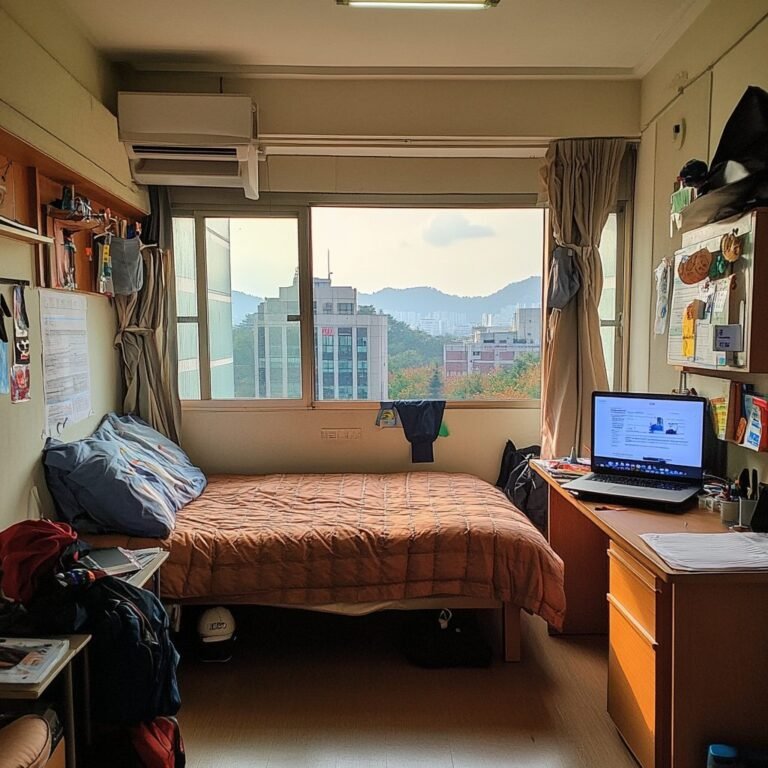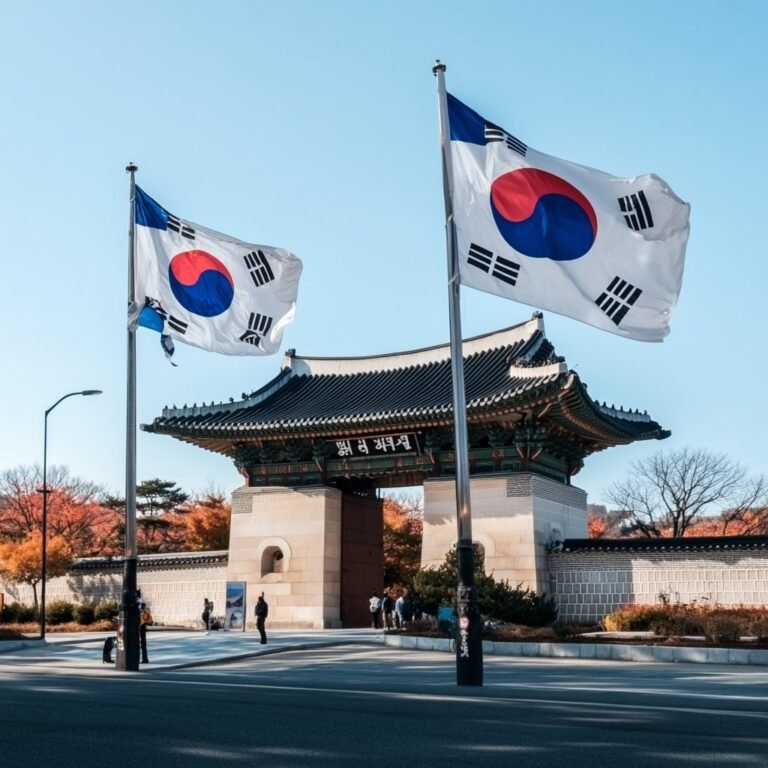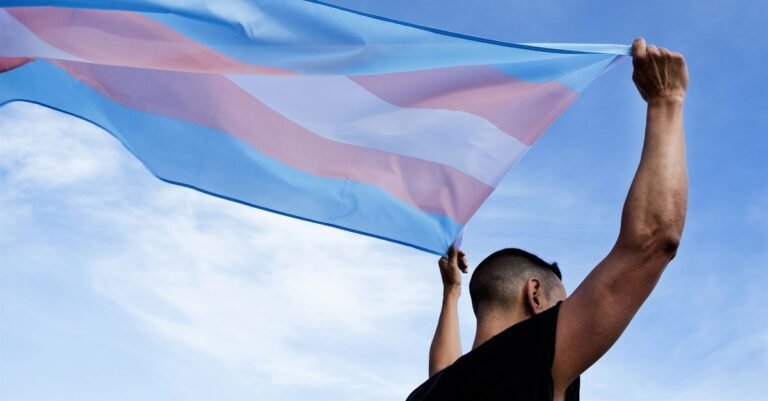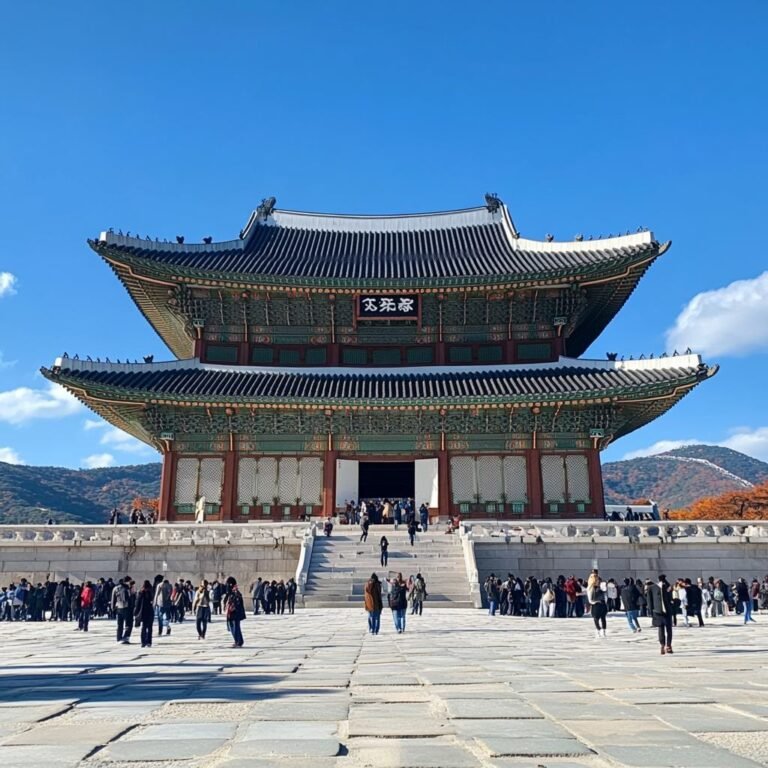Total cost to study in Korea from Nepal 2024
Planning to pursue your education in South Korea from Nepal is an exciting prospect! However, understanding the financial implications is crucial for making informed decisions. This guide delves into the various cost factors you’ll encounter as a Nepali student in Korea, helping you create a realistic budget for your academic journey.
Tuition Fees: A Major Investment
Tuition fees for international students in Korea can vary significantly depending on several factors:
University: Public universities generally have lower tuition fees compared to private universities.
Program: Specialized programs in fields like engineering, medicine, or business might have higher tuition costs.
Level of Study: Undergraduate programs typically have lower tuition fees than postgraduate programs.
Undergraduate Programs: The average tuition fee for undergraduate programs in South Korea ranges from $2,000 to $6,500 USD per semester. Universities in Seoul tend to be more expensive.
Postgraduate Programs: For postgraduate studies, fees can range from $2,300 to $7,000 USD per semester, depending on the field of study and the university’s prestige.
As a general estimate, expect tuition fees to range between 4,000 USD and 20,000 USD per year. To get a more accurate figure, research the specific program and university you’re interested in. Our Consultancy helps you to choose affordable Universities.
Living Expenses: Beyond Tuition
While tuition fees are a significant expense, living costs in Korea also play a crucial role in determining your overall budget. Here’s a breakdown of the key areas to consider:
Accommodation: On-campus dorms are generally the most affordable option, followed by goshiwons (studio apartments). However, availability can be limited. Off-campus housing, particularly in major cities like Seoul, can be more expensive. Rent can vary depending on location, size, and amenities. On-campus housing typically costs between $300 and $600 USD per month, while off-campus apartments can range from $400 to $1,000 USD per month, depending on the location and amenities.
Food: Eating out frequently can add up quickly. While Korean street food is a delightful experience, consider self-catering by utilizing grocery stores and local markets. This can be a more cost-effective approach. Monthly expenses for food can range from $200 to $400 USD.
Transportation: Public transportation in Korea is efficient and affordable. Subway passes or transportation cards are cost-effective ways to navigate cities.Approximately $100 to $200 USD per month.
Utilities: Expect to pay for utilities like electricity, water, and internet in your accommodation.
Miscellaneous Expenses: Factor in additional costs like clothing, textbooks, entertainment, and potential healthcare expenses.
Visa and Flight Costs
Student Visa (D-2): The visa application fee is about $50 to $100 USD.
Flight Tickets: A round-trip flight ticket from Nepal to Korea might cost between $500 and $1,000 USD, depending on the season and booking time.
Health Insurance
Mandatory Health Insurance: About $60 to $120 USD per month. Some universities offer their health insurance plans, which may vary in cost.
Miscellaneous
Language Courses: If required, language courses could add $1,500 to $3,000 USD per semester.
Settling-In Costs: Initial costs for setting up accommodation, buying essentials, etc., can range from $300 to $700 USD.
Cost Variations Across Cities:
The cost of living can differ significantly depending on your chosen city. Seoul, the bustling capital, will likely have the highest living expenses, with higher rent, dining costs, and potentially even transportation fees compared to smaller towns. Cities like Busan, Daegu, or Gwangju offer a more affordable living experience while still providing vibrant student life.
Read about: How Much Bank Balance is Required for a South Korean Student Visa?
Estimating Your Budget:
To estimate your total cost of studying in Korea, consider these steps:
Research tuition fees: Find the specific program and university fees.
Choose your city: Research average living costs in your chosen location.
Accommodation type: Decide whether you prefer on-campus housing or off-campus options. Factor in rent and potential utilities costs.
Lifestyle considerations: Estimate your spending on food (eating out vs. self-catering), transportation, and miscellaneous expenses based on your desired lifestyle.
By researching these factors, you can create a personalized budget that reflects your specific needs and chosen location.
Scholarship Opportunities: Minimizing Costs
Fortunately, numerous scholarships are available to international students in Korea, including Nepalese students. These can be offered by:
The Korean Government: The Global Korea Scholarship (GKS) program offers full scholarships for undergraduate and postgraduate studies in Korea.
Korean Universities: Many universities offer merit-based or program-specific scholarships to attract international students.
Private Organizations: Various organizations may offer scholarships for specific fields of study or based on financial need.
Dedicating time to research scholarship opportunities can significantly reduce the financial burden of studying in Korea. Don’t hesitate to contact universities or scholarship providers directly for application details and eligibility criteria.
Part-Time Work: Earning While Learning
International students in Korea are allowed to work part-time for up to 20 hours per week during semesters and full-time during breaks. This can be a great way to offset your living expenses and gain valuable work experience in a Korean environment. Popular options include working in cafes, restaurants, or tutoring English. However, remember to prioritize your studies. Balancing work and academics is crucial for success.
Also read: How Much Nepali Students Earn in Korea?
Conclusion:
Studying in Korea from Nepal can be a rewarding experience, but it’s essential to be financially prepared. By understanding the various cost factors, exploring scholarship opportunities, and potentially working part-time, you can achieve your academic goals in Korea without breaking the bank. Remember, thorough research and careful budgeting are key to a smooth and successful academic journey in South Korea.
Let Us Assist You!
Are you ready to embark on your educational journey to Korea? Need help with university applications, scholarships, or visa processes? Contact our team of experts at Study in Korea from Nepal for personalized support and guidance.
From ensuring your applications are meticulously prepared to advising on the nuances of studying abroad, we’re here to assist you in every step. Don’t let the complexities of international education hold you back.
Contact us today to start your adventure in Korea!






